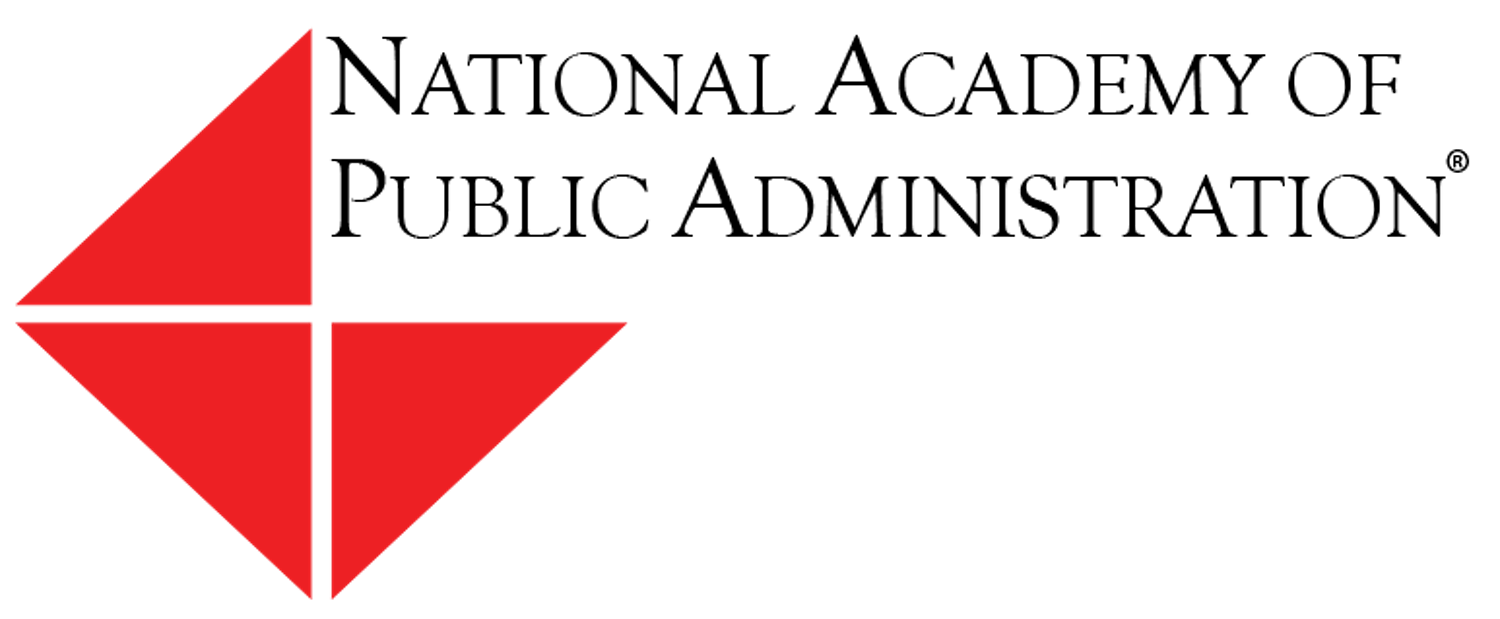
The National Academy of Public Administration Releases Report for the U.S. Merchant Marine Academy
Contact:
Betsy Holahan
bholahan@greatpointstrategies.com
Post Date: November 24, 2021
The National Academy of Public Administration
Releases Report for the U.S. Merchant Marine Academy
Academy Panel Recommends a Task Force Charged with Transforming USMMA Governance and Culture
WASHINGTON, D.C. – A Panel of the National Academy of Public Administration (the Academy) today released its report for the U.S. Merchant Marine Academy (USMMA), the federal service academy that educates and trains Midshipmen to serve in the U.S. Merchant Marine, which supports the country’s national security, defense, port management, maritime commerce, and transportation. The Academy Panel report makes 67 recommendations for ways the USMMA can address longstanding challenges and prepare for the future as a more performance- and strategy-driven institution.
The Academy Panel report, “Organizational Assessment of the U.S. Merchant Marine Academy: A Path Forward,” is based on an 18-month comprehensive assessment initiated by the FY 2020 National Defense Authorization Act (NDAA), directing the Secretary of the U.S. Department of Transportation (DOT) to engage the Academy to assess the USMMA systems, training, facilities, infrastructure, information technology, and stakeholder engagement to identify needs and opportunities for modernization. The Academy convened a panel of experts in academic leadership, facilities planning, equal opportunity, and federal management systems to guide and oversee the work of a professional study team.
“Our in-depth report for USMMA highlights the importance of one of the Academy’s 12 Grand Challenges – Modernizing and Reinvigorating the Public Service,” said Academy President, CEO and Fellow Terry Gerton. “In this case, the Panel’s findings and recommendations address longstanding issues that put the safety and health of the Midshipmen and the entire USMMA community in peril. These recommendations chart a path forward for USMMA by improving both the current and future processes. The charge to address these changes is significant and will require meaningful leadership attention, strategic prioritization, and substantial resource commitments. However, the risks posed by inaction are immense.”
The Academy Panel found that “Fundamental weaknesses in internal and external governance systems and processes endanger USMMA’s ability to fulfill its mission today and into the future.” It notes, “Maintaining the status quo would be the riskiest course for USMMA because it is on an unsustainable path. It lacks long-term strategic vision, adequate financial resources, and sufficient personnel with needed skills and competencies. It also lacks effective oversight and support to ensure it addresses its challenges and prepares for the future. All of these building blocks must be put in place for USMMA to be able to thrive.”
“While USMMA is producing licensed merchant mariners, it is not meeting many other requirements and expectations for a federal agency and federal service academy, and it is not adequately planning and prepared for the future,” said Academy Fellow and Panel Chair Judith Youngman, Professor Emeritus in Political Science at the U.S. Coast Guard Academy, former Associate Professor of Social Sciences at the U.S. Military Academy, and former Chair, Defense Advisory Committee on Women in the Services (DACOWITS). “USMMA is facing the repercussions of the lack of effective governance, and only a transformation in governance can right the USMMA ship. This report and its specific and systemic recommendations chart a course for USMMA’s future that will better position it to educate and graduate new generations of merchant mariners well into the future.”
The Panel strongly recommends that the Secretary of Transportation establish a Secretary’s Task Force on USMMA Governance and Culture, with direction to transform USMMA external and internal governance and Academy culture and a mandate to report its recommendations within two years. The task force should include high-level U.S. Maritime Administration (MARAD) and DOT officials, as well as senior leaders from the public and private sectors with demonstrated success in transforming organizations in government, higher education, and the maritime community.
In addition to establishing the Task Force, the Panel recommends an immediate focus on health, safety and welfare issues. Next, USMMA should focus on governance and culture issues, then management and organization to pursue its strategic objectives.
The Panel’s recommendations to USMMA are directly related to:
- Education
- Facilities and Infrastructure
- Institutional Culture and Supportive Learning Environment
- Freedom from Sexual Assault and Sexual Harassment
- External Stakeholder Engagement
- Institution-Level Management
- External Oversight and Support
- Transforming USMMA to a More Modern, Performance- and Strategy-Driven Institution
About the National Academy of Public Administration
Chartered by Congress to provide non-partisan expert advice, the Academy is an independent, non-profit, and non-partisan organization established in 1967 to assist government leaders in building more effective, efficient, accountable, and transparent organizations. Learn more at www.napawash.org